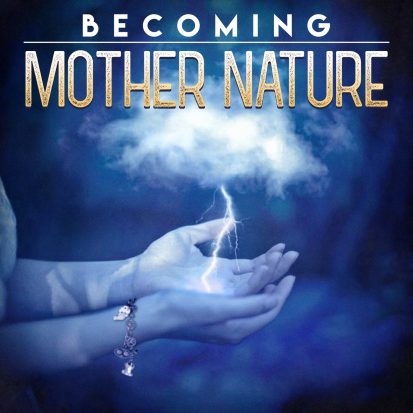Running in parks, on football grounds or trying to catch that elusive ball before it crosses a boundary in cricket – such fun associated with all of them. But for Jacky Hunt Broersma – there was fun in running 104 marathons in 104 days. She did not pack her bags and decide to run from one of the US, where she lives, to another. Instead she stayed right at home, drop her kids off at school, go run a marathon, get to her day job (a coach), come back home, cook dinner and help her kids with their homework! All with just one leg – she lost another to a disease many years ago, and runs with a prosthetic leg. A huge shout out from the What's new today team to Jacky hunt Broersma and her amazing stamina. If any of our listeners would like to send us a recorded audio message about YOU feel about Jacky's achievements, please share it with us at hello@wsnt.in














